Overview
Every company is obligated to prepare annual accounts, serving shareholders, HMRC, and Companies House. Small companies may avoid audits if meeting two of the following criteria: annual turnover under £10.2m, total assets under £5.1m, or 50 employees or fewer.
Legal Requirements
- Submit HMRC accounts online with the tax return within 12 months of the financial year end.
- Companies House accounts must be filed within nine months of the year end.
- Small companies can file abridged accounts based on turnover, assets, and employees.
- Directors ensure accuracy; accountant involvement doesn’t reduce this responsibility.
Statutory Accounts
Annual accounts, known as statutory accounts, consist of:
- Directors’ report (business review, performance, and prospects).
- Balance sheet (financial position on year-end).
- Profit and loss account (trading performance).
- Notes (details about balance sheet and profit and loss).
Accounting Records
All companies must maintain detailed records of income, expenditure, assets, liabilities, stock, and relevant documentation for tax returns.
Planning
- Use accounting software to simplify and minimise errors.
- Consult with an accountant before switching accounting systems.
- Ensure accurate figures align with invoices, bills, and bank statements.
- Consider tax-planning steps before the year end.
- Discuss necessary information and explanations with the accountant.
- Schedule a closing meeting with the accountants for feedback.
Purchases and Sales
- Maintain clear and logical accounting records.
- Cross-reference transactions for traceability.
- List outstanding debtors and creditors.
- Aged lists reveal potential issues.
- Include only invoices for the current financial year.
- Establish a systematic bookkeeping trail.
Stock and Uncompleted Work
Stock value is crucial for retail and manufacturing; conduct regular stocktakes.
- Record unfinished work for service providers.
- Valuate stock based on cost or expected selling price.
- Include details in the stock list matching supplier price lists.
Fixed Assets
- Maintain a fixed-assets register with purchase details.
- Record assets purchased, sold, or scrapped during the year.
- Keep ownership documents.
- Depreciate assets annually; consult with an accountant for capital allowances.
Employees
- Accurately handle payroll and expenses claims.
- Verify calculations to avoid liabilities.
- Keep records for all expense claims.
- Pay tax on benefits in kind through payroll.
Feedback Meeting
- Schedule a feedback meeting with the accountant.
- Discuss improvements to bookkeeping, VAT handling, and record-keeping.
- Evaluate the need for accounting software upgrades.
- Explore ways to enhance credit control and reduce bad debts.
- Seek advice on tax reduction strategies.
